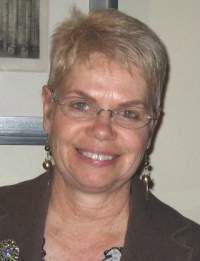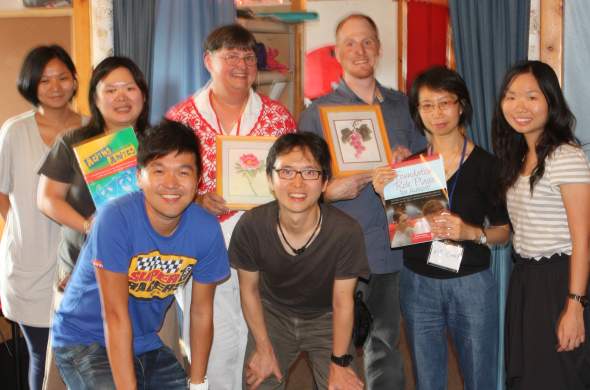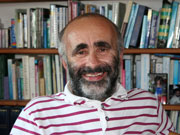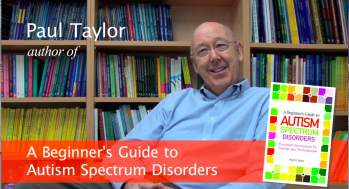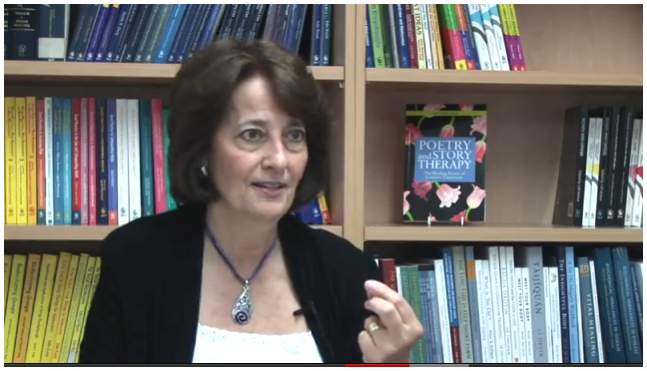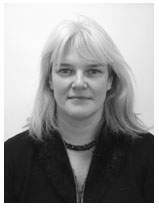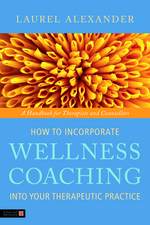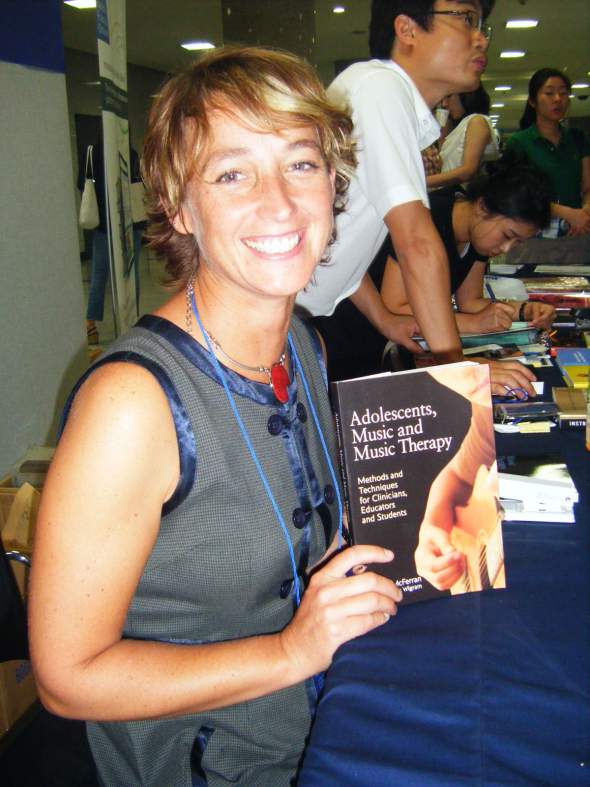Looking beyond “bad” behaviour – Melanie Cross on the importance of recognising communication difficulties in young people
“Non-compliance might be due to not understanding what’s been asked and not knowing how to ask for clarification. What might be seen as a refusal to explain might be due to difficulties constructing coherent narratives. Conflict resolution and negotiation require high-level language skills and if these are lacking, then aggression can result. If adults do not recognise the underlying communication problems, the children and young people who experience them can be misunderstood and even misdiagnosed.”

